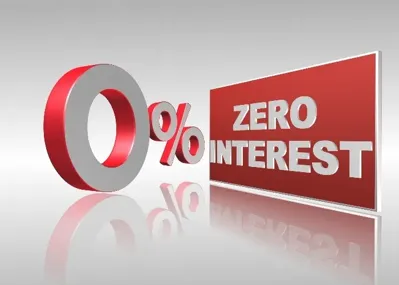For many aspiring homeowners with less-than-perfect credit, FHA loans (Federal Housing Administration loans) offer a valuable opportunity. FHA loans have become increasingly popular for individuals who may not meet the stricter requirements of conventional mortgages. With the possibility of qualifying for an FHA loan with a credit score as low as 500, this financing option provides an accessible pathway to homeownership, even for those with credit challenges.
![]()
What Is an FHA Loan?
An FHA loan is a government-backed mortgage designed to help individuals with lower credit scores and limited financial histories become homeowners. The program is backed by the Federal Housing Administration, which insures the loan, allowing lenders to offer more flexible qualification criteria, including lower down payments and more lenient credit score requirements.
FHA Loans with a 500 Credit Score: Can You Qualify?
While many traditional mortgage lenders require higher credit scores, FHA loans are more accommodating to those with credit scores ranging from 500 to 579. However, it’s important to note that there are specific conditions that applicants must meet in order to qualify for the loan:
- Down Payment Requirements
Applicants with a credit score between 500 and 579 typically need to make a down payment of at least 10%. This down payment requirement is higher compared to those with credit scores of 580 or above, who may only need a 3.5% down payment. - Additional Financial Factors
Even with a credit score as low as 500, lenders may focus on other critical financial aspects, such as:- Steady income verification
- Manageable debt levels
- Proof of responsible financial behavior
Meeting these criteria demonstrates that the borrower can handle the responsibilities of a mortgage, improving their chances of loan approval.
Debt-to-Income (DTI) Ratios: A Key Consideration
Another essential element in FHA loan approval is the debt-to-income (DTI) ratio. The DTI ratio measures how much of your monthly income is used to pay debt. For FHA loans, a DTI ratio of no more than 43% is typically preferred. However, if you have a high DTI ratio but meet other key criteria, some lenders may still consider approving your loan application.
Steps to Prepare for the FHA Loan Application Process
- Check Your Credit Report
Start by obtaining a copy of your credit report to identify any potential errors or discrepancies. Fixing inaccuracies before you apply for an FHA loan can help improve your credit profile. - Demonstrate Responsible Credit Usage
Even with a 500 credit score, showing that you are responsible with your credit can make a significant difference in the eyes of lenders. Timely bill payments and careful management of your existing debt can improve your overall application. - Save for the Required Down Payment
Since you may need to put down at least 10% of the purchase price, it’s essential to start saving for the down payment early. This will be a crucial part of your loan approval process.
Work with FHA-Approved Lenders Specializing in Low Credit Scores
Some FHA-approved lenders specialize in working with borrowers who have lower credit scores. These lenders are typically more experienced in navigating the unique challenges that come with a low credit score and may offer more flexible options to accommodate your financial situation. It’s a good idea to shop around and compare lenders to ensure that you are getting the best loan terms available to you.
Understand the Costs Involved: Mortgage Insurance Premiums (MIP)
In addition to the down payment, borrowers with FHA loans are required to pay mortgage insurance premiums (MIP). There are two types of MIP:
- Upfront MIP: A one-time payment at the closing of the loan (typically 1.75% of the loan amount).
- Monthly MIP: Ongoing payments made monthly as part of your mortgage payment.
These insurance premiums help protect lenders in the event of borrower default. While they make FHA loans accessible to people with lower credit scores, it’s important to factor these extra costs into your overall budget to get a clear picture of your financial commitment.
The Bottom Line: How to Increase Your Chances of Approval
Navigating the FHA loan process with a 500 credit score can be challenging but achievable. Here’s how to improve your chances of being approved:
- Focus on improving your DTI ratio by managing your existing debt levels.
- Work on building a stable income history and ensuring that your credit profile demonstrates responsible financial behavior.
- Make sure to save for your down payment and budget for the additional costs, such as MIP.
- Finally, work with experienced FHA-approved lenders who specialize in lower-credit-score borrowers.
Conclusion: FHA Loans as an Accessible Option
For many, an FHA loan offers a vital opportunity to become homeowners, even with a 500 credit score. By focusing on financial stability, understanding the key components of FHA loan approval, and working with the right lenders, you can increase your chances of securing a loan and achieve the goal of homeownership despite a less-than-perfect credit history.


